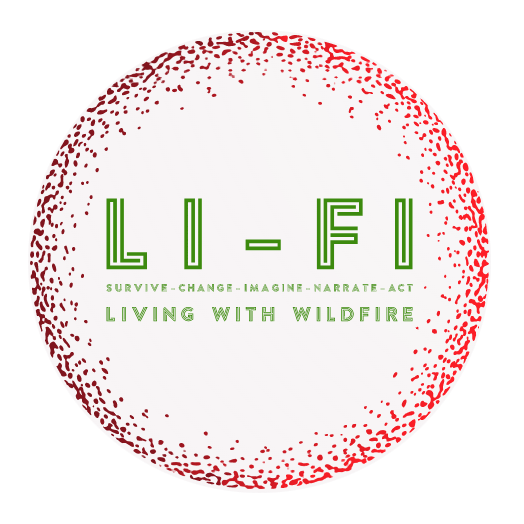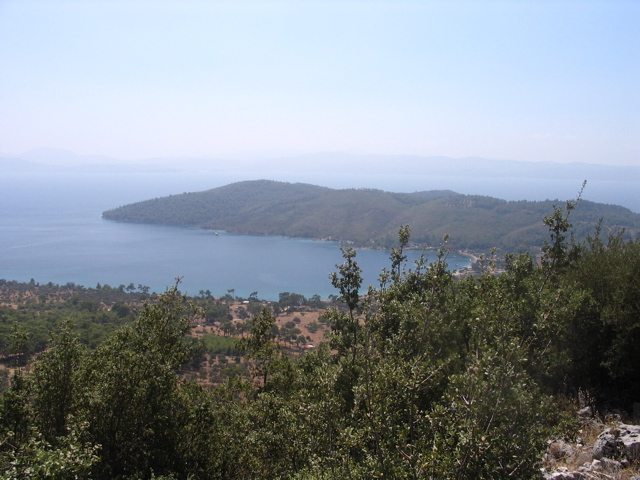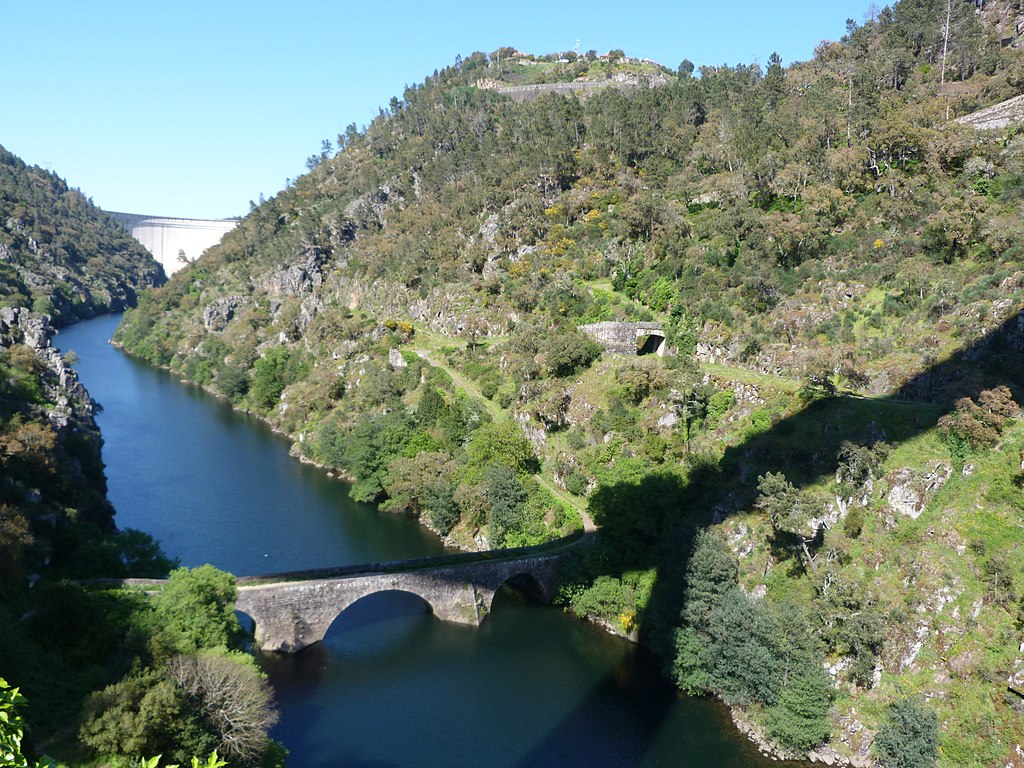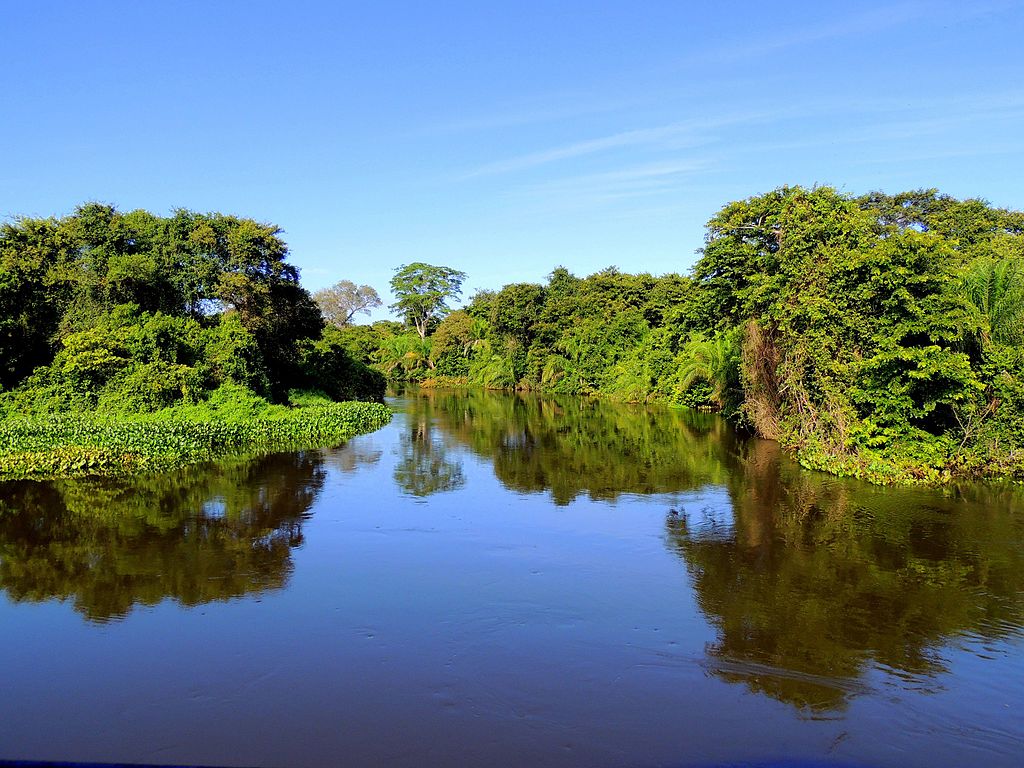LIVING WITH WILDFIRE
imagining, narrating and acting upon a changing climate

Project Summary
Climate change and biodiversity loss have for long hinged on apocalyptic images of future catastrophes that must be acted upon before it is too late. Recently, new scientific, artistic, and activist narratives have gained ground that suggest socio-ecological catastrophe is already here and inescapable. The Living with WildFire (LiFi) project engages with these post-apocalyptic narratives through the lens of Extreme Wildfire Events (EWEs). We ask how lived experiences of EWEs influence the way communities imagine, narrate and act upon their environmental relations and futures. LiFi investigates both the traumatic dimensions of EWEs (eco-anxiety, grief, loss) and the potential of EWEs to transform community imaginaries, agency and political organization.
LiFi interweaves political discourse theory and interpretive methods within a transdisciplinary framework. Working with fire-affected communities, we investigate: their changing priorities; how recovery and sustainability are reimagined; and what shared visions for the future gain ground. LiFi will unearth archetypal political ’fantasies’ that emerge after profound socio-ecological disruption, and the possibilities these bring to creatively renegotiate collective values, environmental rights, obligations and political participation and engagement. Through its transdisciplinary approach, LiFi will help communities develop soft skills and policy tools necessary to build resilience in a rapidly warming world.
This project is funded by FORMAS (Swedish Research Council for Sustainable Development).
Research questions
1. How do affected communities adapt to living with an increased risk of Extreme Wildfire Events? What kind of narratives emerge in wildfire-surviving communities about living in and adapting to climate change?
2. In what ways does the emotional and psychic experience of Extreme Wildfire Events spur a (re)negotiation of societal values and priorities, also between adaptation actions and other sustainability goals and mandates?
3. How do emotional and psychic factors dynamically shape community responses to crises, including their interrelation with other (material, economic, moral) factors?
The Cases
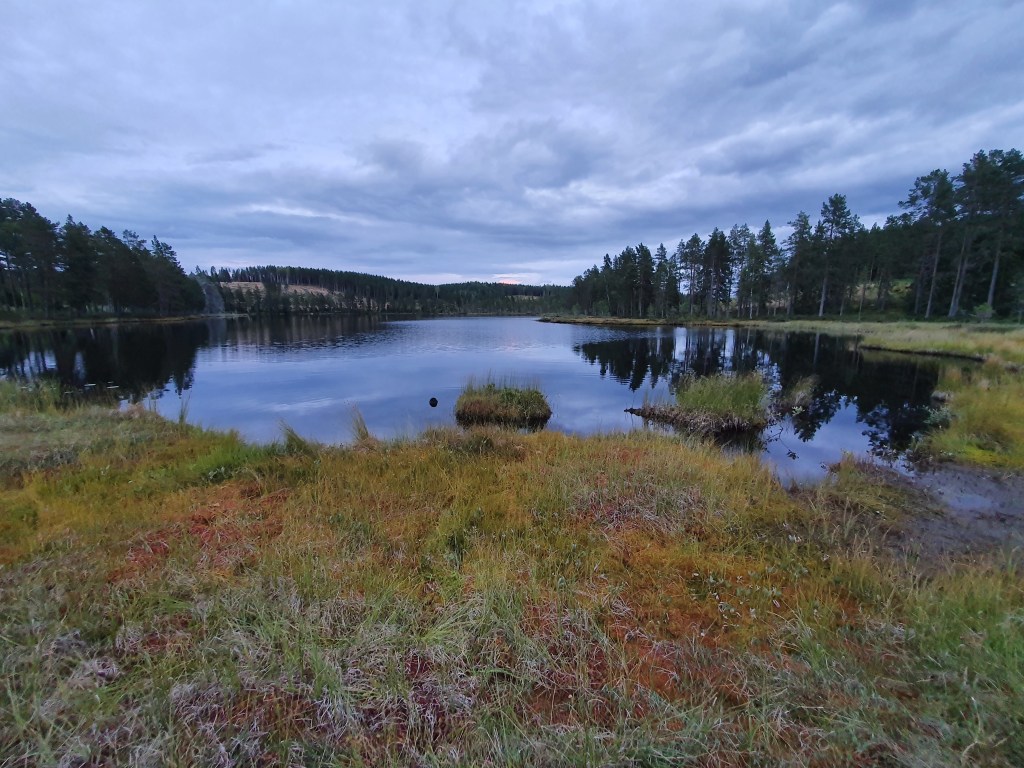
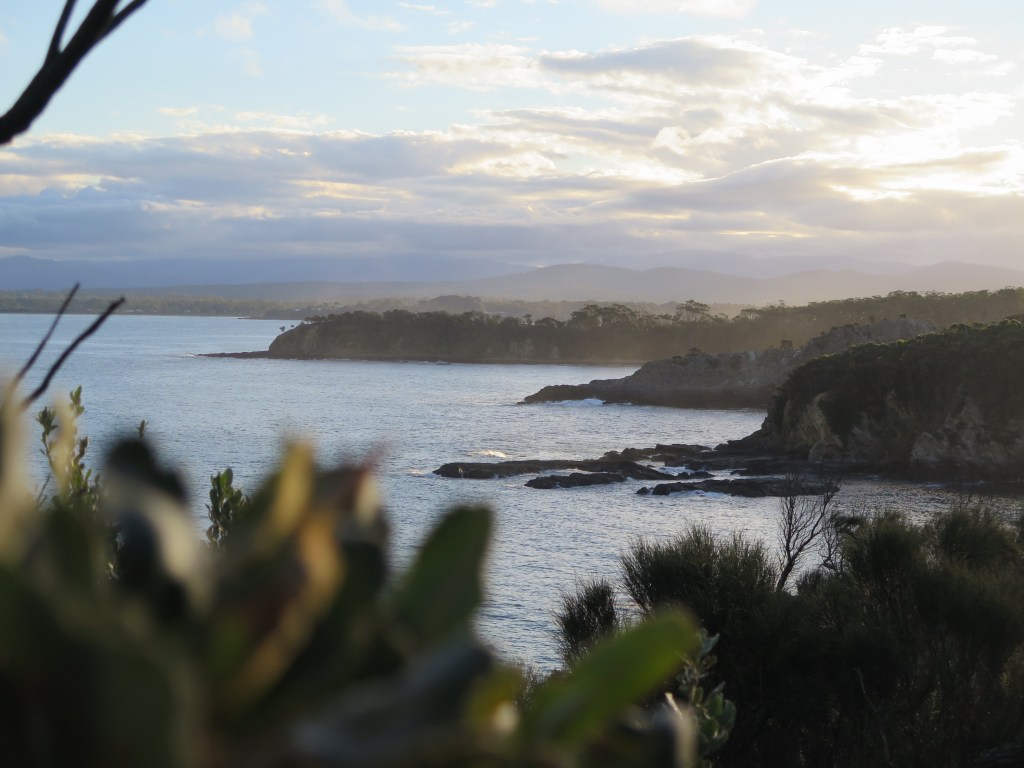
Our Team
Ayşem Mert
(ShE/THEY)
Researcher
Case Studies: Turkey, Sweden, and Australia
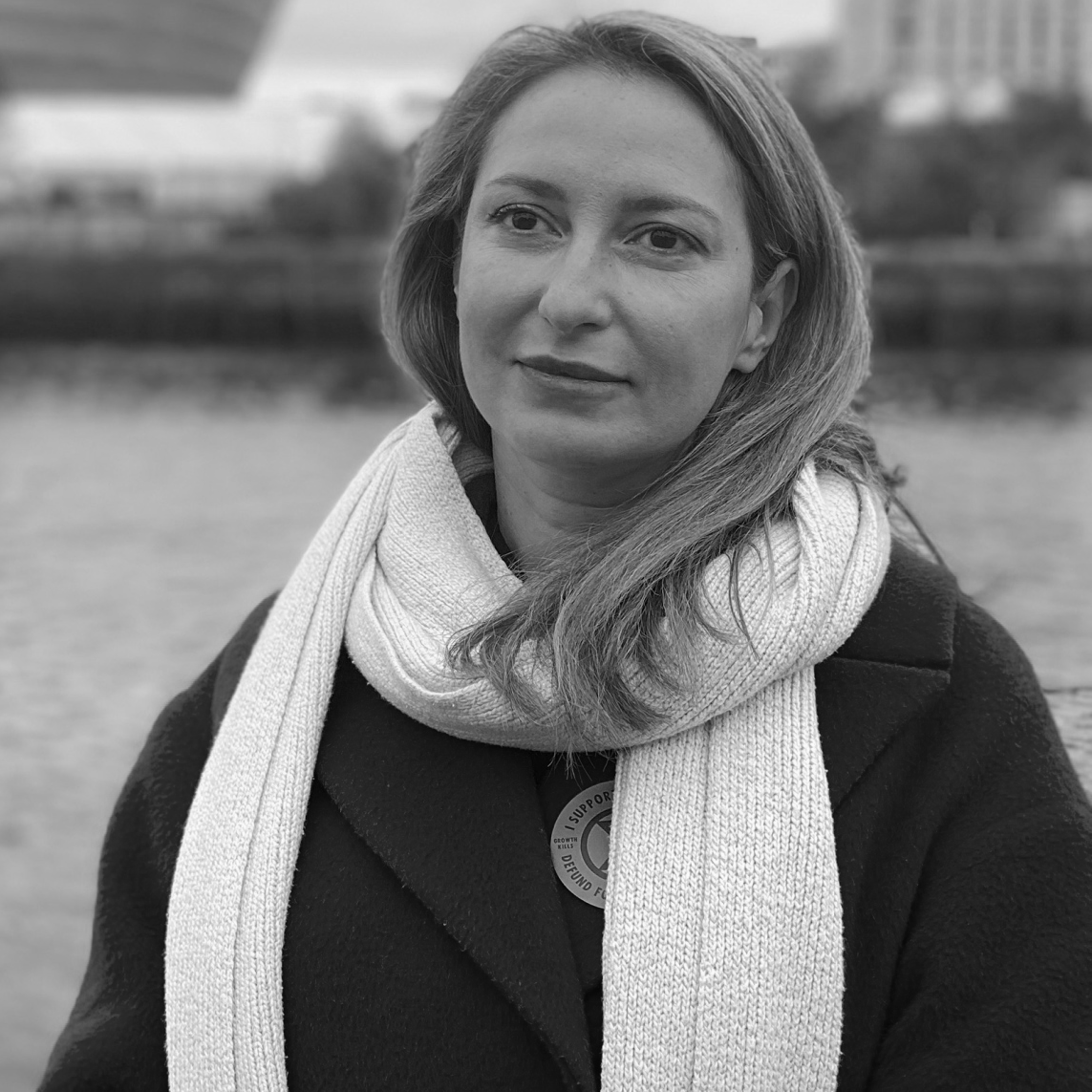
Elise Remling
(She/Her)
Researcher
Case Study: Australia
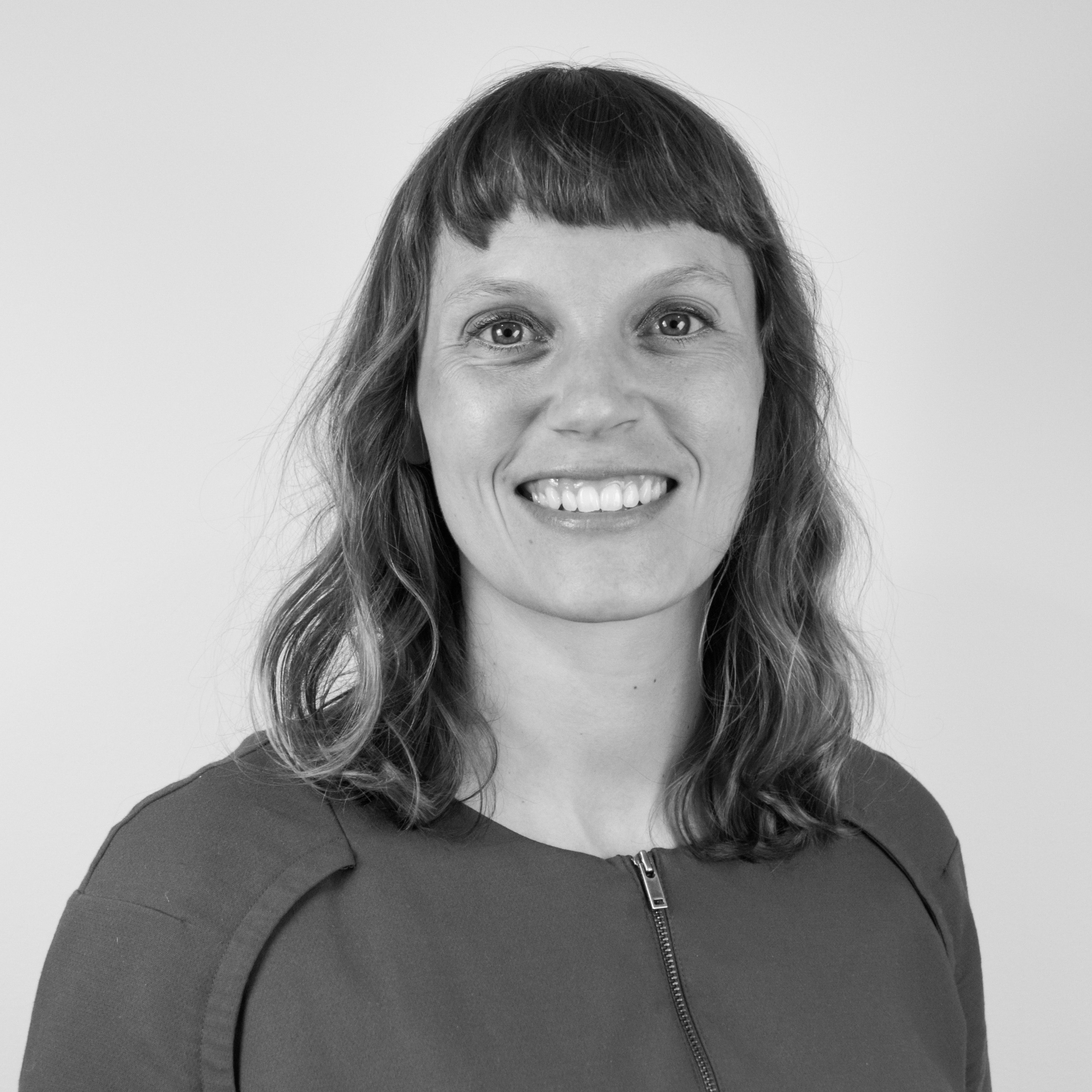
Eva Lövbrand
(She/Her)
Researcher
Case Study: Sweden

Jelle Behagel
(hE/Him)
Researcher
Case Studies: Portugal and Brazil
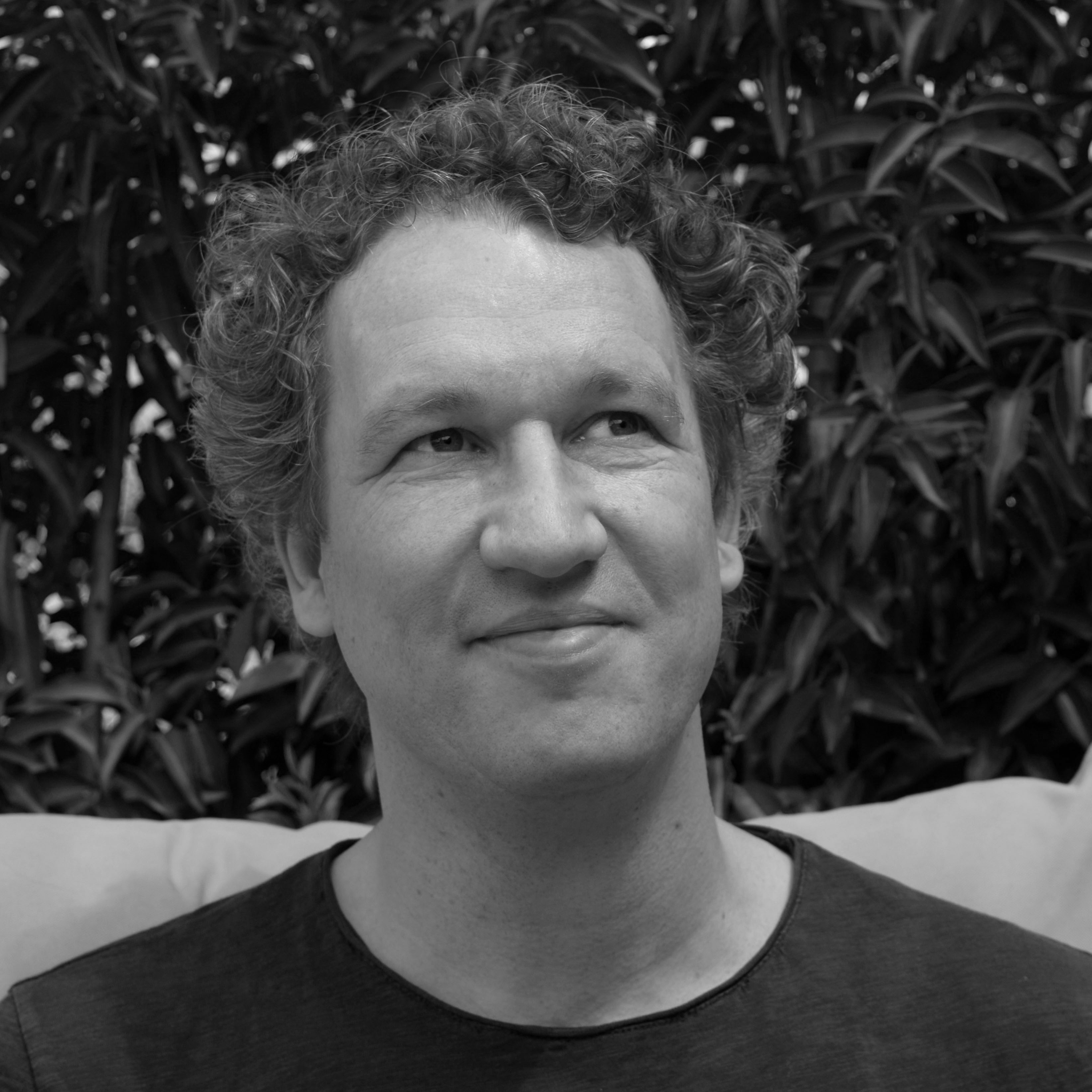
Mehmet Ali Üzelgün
(HE/HIM)
Researcher
Case Studies: Portugal, Brazil and Turkey
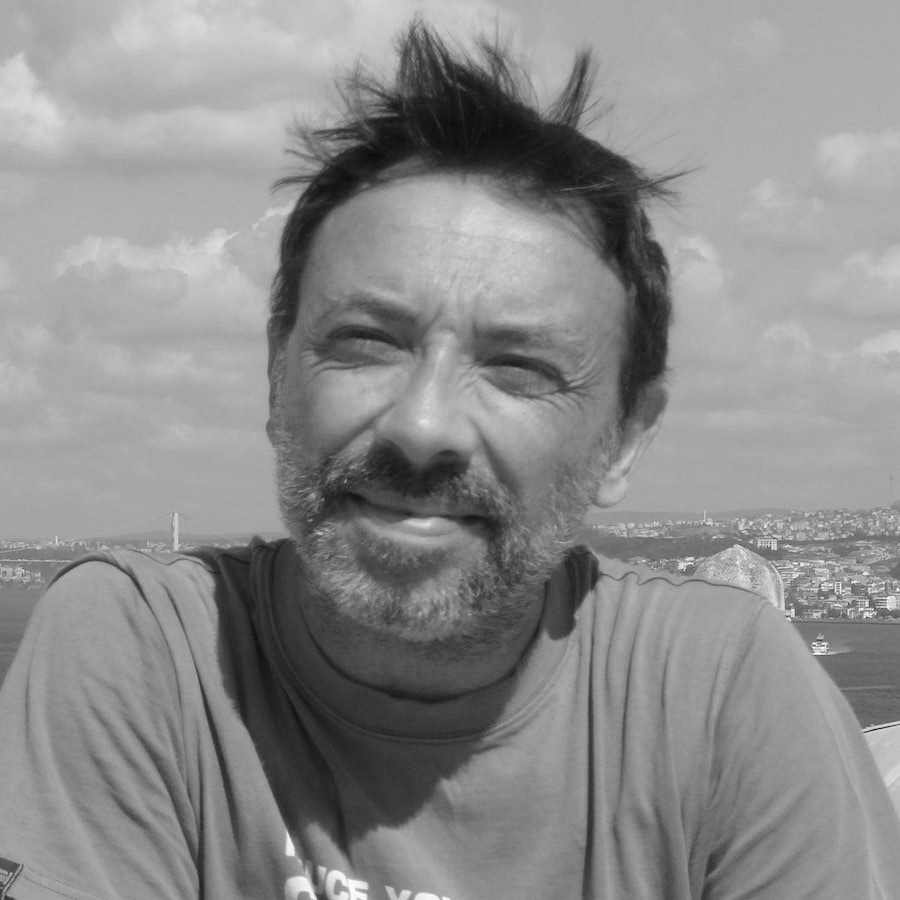
Julia Feine
(She/Her)
PhD student
Case Studies: Sweden and Australia
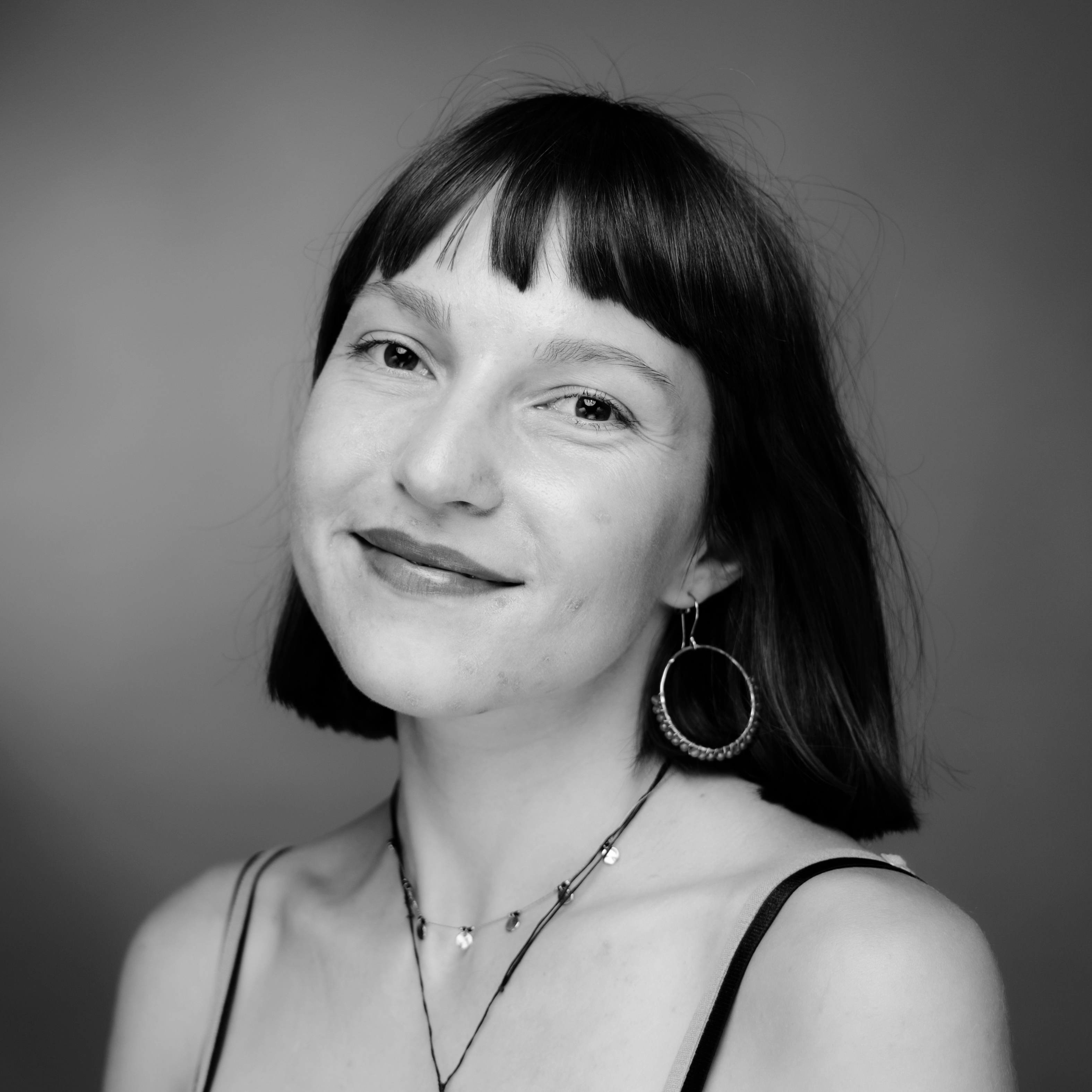
Lidiia Kasianchuk
(SHe/HER)
Mental Health and Psychosocial Support Consultant
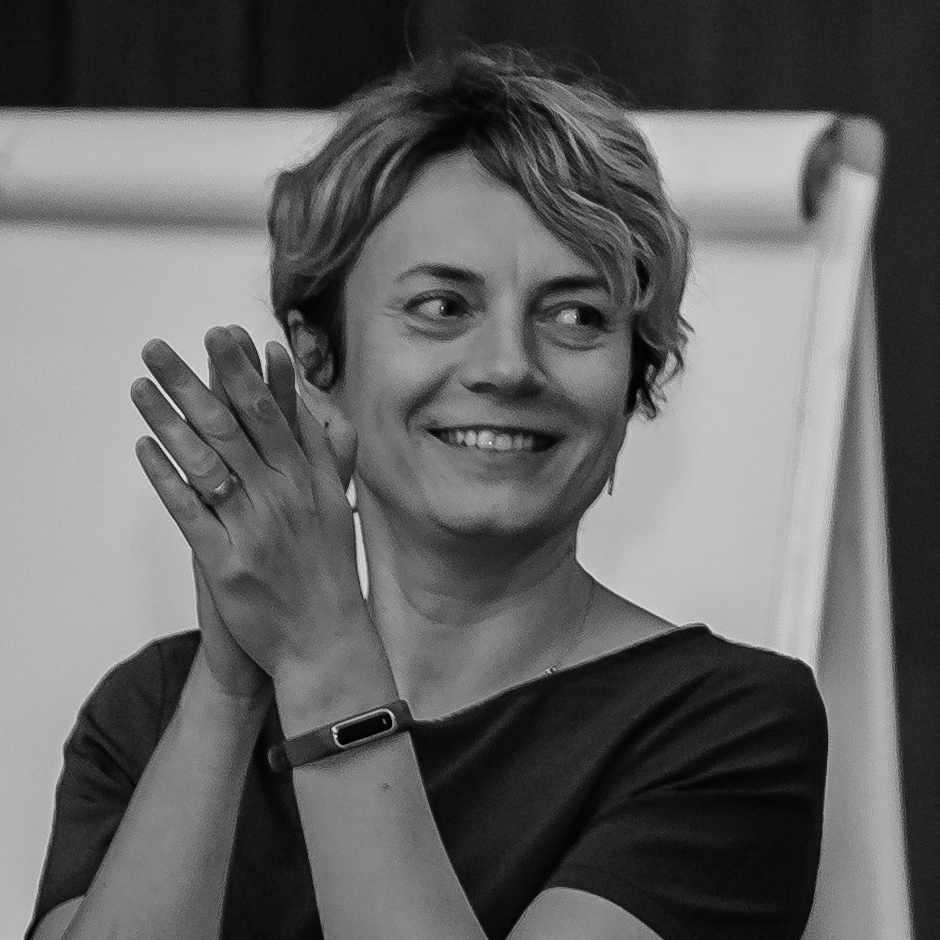
Eike Plhak
(He/Him)
Student Assistant
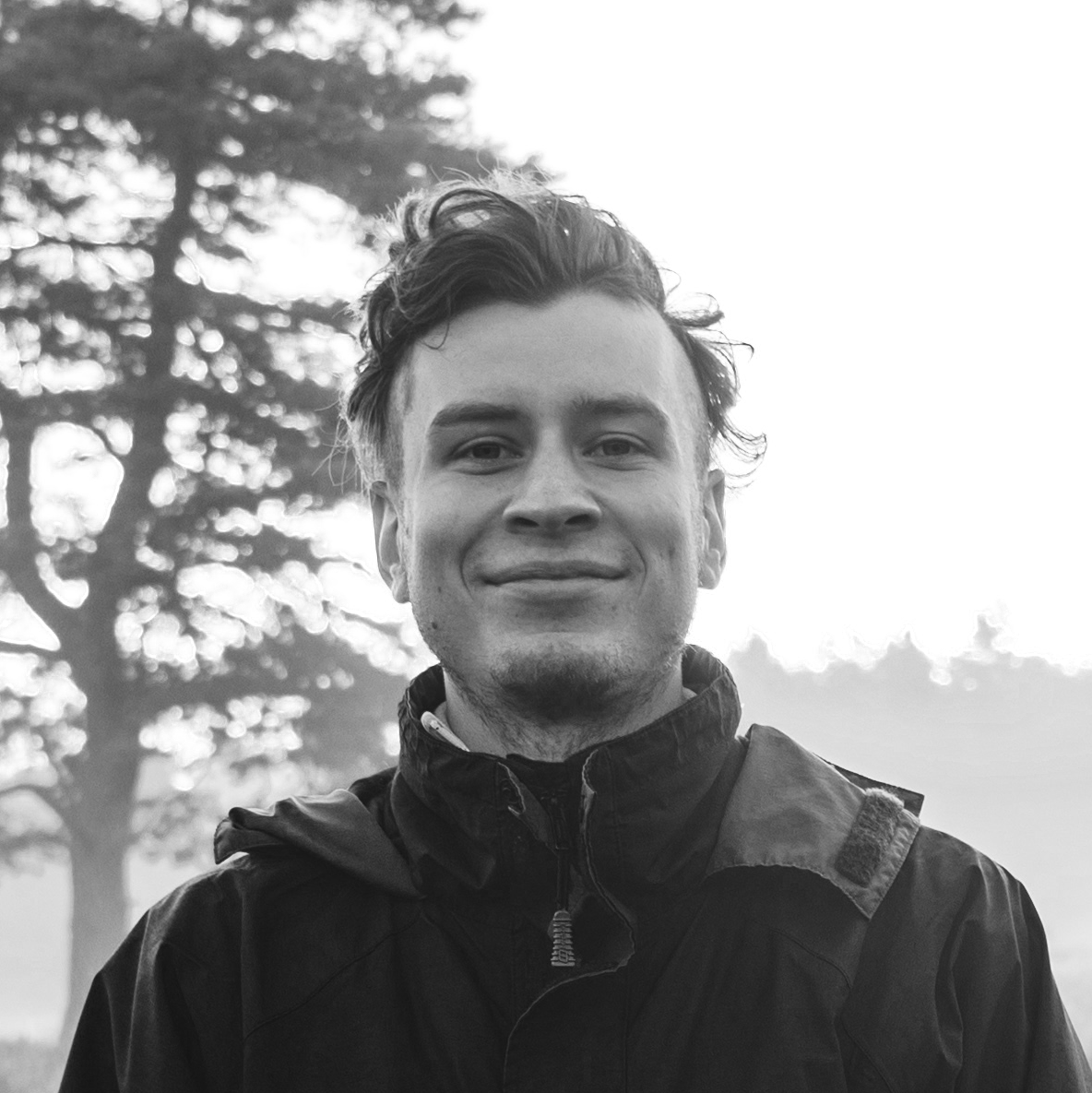
Roald Nooijens (he/him)
Student Assistant

Societal Participants Assembly (SPA)
- Peter Christoff (Melbourne U)
- Tuna Türkmen (MSF, Greenpeace, Akyaka Disaster Volunteers)
- Buğra Celik (imece forum, Akyaka Disaster Volunteers) are
- Anna Björkman (Futureperfect, Homeward bound, A School Called HOME)
- Dougald Hine (Dark Mountain, The Great Humbling, A School Called HOME)
- Sander Chan (Nijmegen U, German Development Institute, Global Centre on Adaptation)
- Liidia Kasianchuk
- Emiliano Farinella (Fenice Verde, Palermo)
Scientific Advisory Board (SAB)
- Michele Betsill (U Copenhagen)
- David Chandler (U Westminster)
- Ben Cashore (Yale-NUS)
- Jason Glynos (U Essex)
- Jacki Schirmer (U Canberra)
